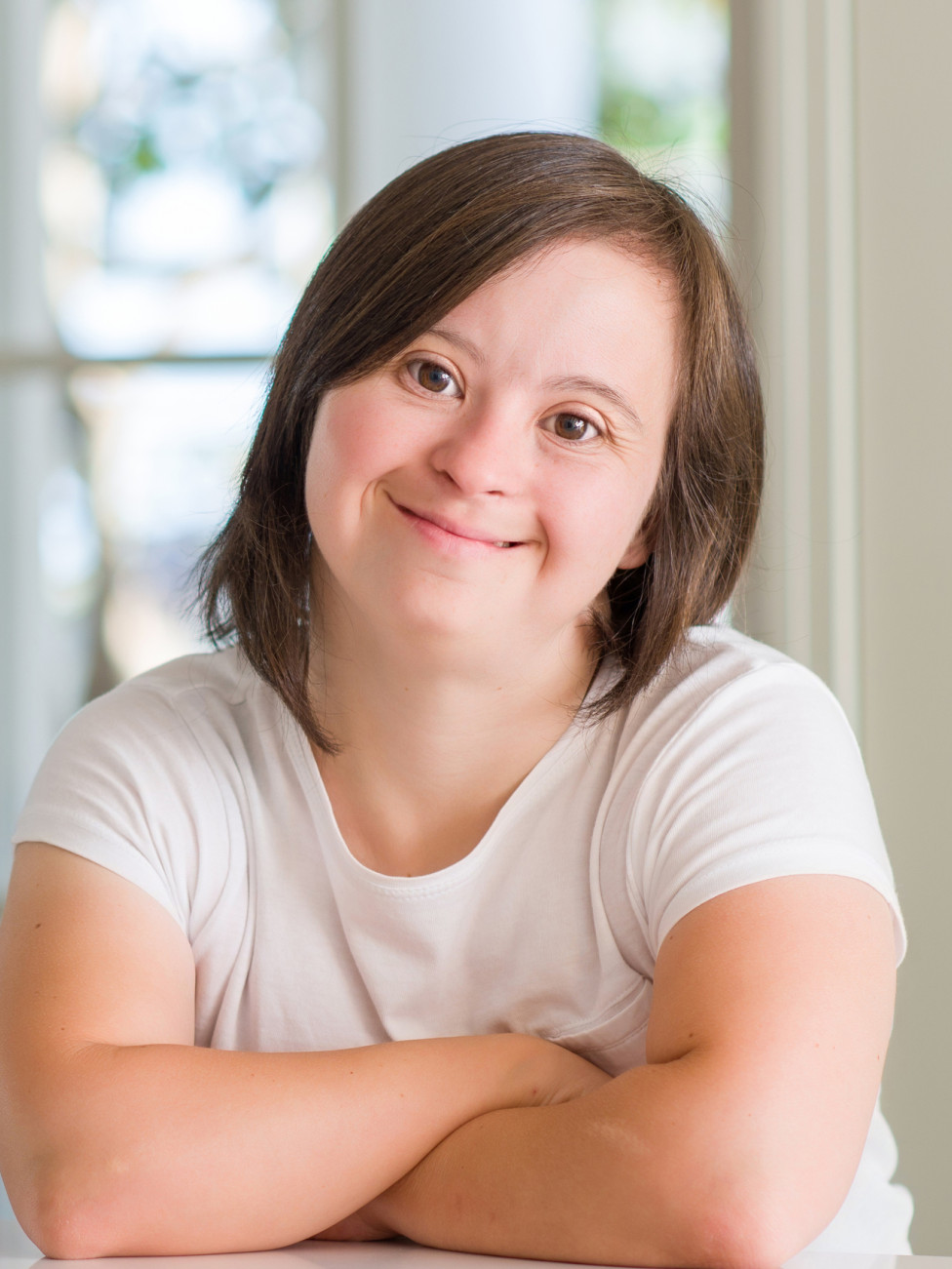Is Autism a Mental Illness?
14 March, 2023
Has someone you love recently been diagnosed with Autism Spectrum Disorder (ASD)? If so, you may be struggling to understand what this means and what support you may require. In particular, it may be difficult to understand the way in which an autism diagnosis differs from a diagnosis of a mental health issue such as anxiety or depression, and what the treatment implications of this may be.

There's a lot of information to take in on this topic and at times it can be confusing. As a result, we've tried to pick out the most important information to help you deepen your understanding of the distinctions between autism and mental health disorders.
Though listed in the Diagnostic and Statistical Manual (DSM-5), a handbook used by a mental health professional to diagnose mental illness, Autism Spectrum Disorder is not considered a mental illness. Rather, it is considered a neurodevelopmental disorder. It affects how a person communicates, interacts with others, and behaves.
Mental illnesses, on the other hand, are conditions that impact a person's mood, thinking, behaviour, and ability to function. Although people with autism can experience mental health challenges, such as anxiety or depression, autism itself is not a mental illness.
Developmental Disorder Meaning
According to the American Psychiatric Association, developmental disorders are "a group of conditions due to an impairment in physical, learning, language, or behavior areas." These conditions begin during the developmental period and usually last throughout a person’s life.
Other developmental disorders include:
ADHD
Cerebral palsy
Learning disabilities
Down syndrome
Mental Illness Meaning
According to the National Institute of Mental Health, serious mental Illness, is defined as "a mental, behavioral, or emotional disorder resulting in serious functional impairment, which substantially interferes with one or more major life activities." Mental illness can last for an extended period in one's life, but can also be temporary.
Other mental health problems include:
Depression
Obsessive-compulsive disorder
Schizophrenia
Bipolar disorder
Is Autism Psychological or Physiological?
Autism spectrum disorder (ASD) is thought to be caused by a combination of genetic and environmental factors and the condition consists of a complex interplay between physiological and psychological factors.
Autism affects thought patterns and behaviour and as a result is undoubtedly a psychological condition.
However, recent research has also identified some specific functional and physiological differences in the brains of children with autism that may help to explain some of these psychological features. For example, brain scans have found differences in the way the brains of autistic people communicate between the various regions to process complex tasks and an increase in the overall level of brain activation when shifting between tasks.

The Neurodiversity Movement
An increasing number of people within the psychological community have begun to consider people with autism as 'neurodiverse' rather than as suffering from a disorder. The term 'neurodiverse' is used to highlight the abilities, strengths and different perspectives autistic and other neurodivergent people can offer, instead of implying that someone with autism is not 'normal.'
The neurodiversity movement argues that we should see autism as a human characteristic, like blonde hair or being right-handed. Being autistic simply means that someone has a brain that’s wired differently. An autistic brain is neither better nor worse than any other.
The goal of the neurodiversity movement is to counter the stigma, lack of awareness, and lack of appropriate infrastructure that can lead to those with neurodevelopmental differences being excluded from many areas of life. The movement argues that making space for neurodiversity in schools, communities, workplaces and throughout the healthcare system can improve inclusivity for everyone.
Are People with Autism at Greater Risk of Mental Disorders?
People with ASD are at a higher risk of developing mental health conditions compared to the general population. As a result, it can be vital to connect with autism psychological support services and monitor risk factors.
However, it's also important to note that not all people with autism will experience mental disorder and each person's experience is unique. Just like everyone else, autistic people can have good mental health. There is little research to explain why an autistic person may experience higher rates of mental health issues, but it may be because autistic people:
Can find fitting in and making sense of the world challenging and this can contribute to the likelihood of depression and anxiety disorders
May face greater delays in getting their mental health conditions diagnosed.
Are more likely to face discrimination and bullying throughout their lives.
May find some forms of psychological support such as group therapies or talk therapies challenging or ineffective.
Depression, anxiety and obsessive-compulsive disorder are the most common co-occurring mental illnesses for people with autism. Psychological support from those experienced in working with autistic people can therefore be very valuable.

Misdiagnosis of Autism Symptoms as Mental Health Conditions
People with autism are often misdiagnosed and can at times receive a range of other diagnosis before an underlying autism condition is identified. These diagnoses often include mental disorders such as attention deficit hyperactivity disorder (ADHD), social anxiety or obsessive-compulsive disorder (OCD).
This is because a child who is intelligent and verbal may not be screened for autism in the first instance. The child's various symptoms may therefore be seen as a number of separate mental health issues rather than as a cluster of related behaviours that suggest ASD.
There are a number of behaviours in autism that can at times share characteristics of other mental illnesses and this can lead to an erroneous diagnosis.
A need for predictability, difficulty with task switching, and sensory overwhelm, can appear at times like an anxiety disorder. If someone has been diagnosed with social anxiety disorder but feels as though their anxiety stems from a fear of unpredictable conversations or challenges in picking up body language or tone of voice, the anxiety might in fact stem from autism.
People with autism may fixate on particular routines or tasks and this behaviour can appear to be nearly identical to behaviours exhibited by those with obsessive-compulsive disorder.
People with autism may also focus obsessively on their particular areas of interest, or certain topics, even at the expense of the interests and concerns of others. In autism, this behaviour is also the consequence of challenges with social interactions and communication. In addition, people with autism may be unaware of the effect they are having on the thoughts and feelings of others. While stemming from a quite different psychological process, this behaviour can resemble some of the self-obsession present in narcissistic personality disorder.
People with autism may also have difficulty regulating their emotions and may at times experience meltdowns as a result of sensory assaults, anxiety or frustration. These symptoms may appear like oppositional defiant disorder.
How can Focus Care support a loved one with Autism?
If your loved one has been diagnosed with ASD, it can be difficult to work out the next steps. At Focus Care, we can help you find the right support and best care and therapies available. We will create an individualised plan, with the focus on a person’s strengths, needs and stage of life. Focus Care clients benefit from a range of service choices including social support.
We can match you or your loved one with a passionate support worker who will assist in activities outside of the home, providing respite care for Autism, adult Autism support and support for children with Autism.
We also have a range of therapies that can reduce mental health concern, promote self expression, address problem behaviours and help to build life skills. Art or music therapy can be amazing at helping people to find new ways to connect and learn, and we will be there through your life transitions, changing and adapting with you.




